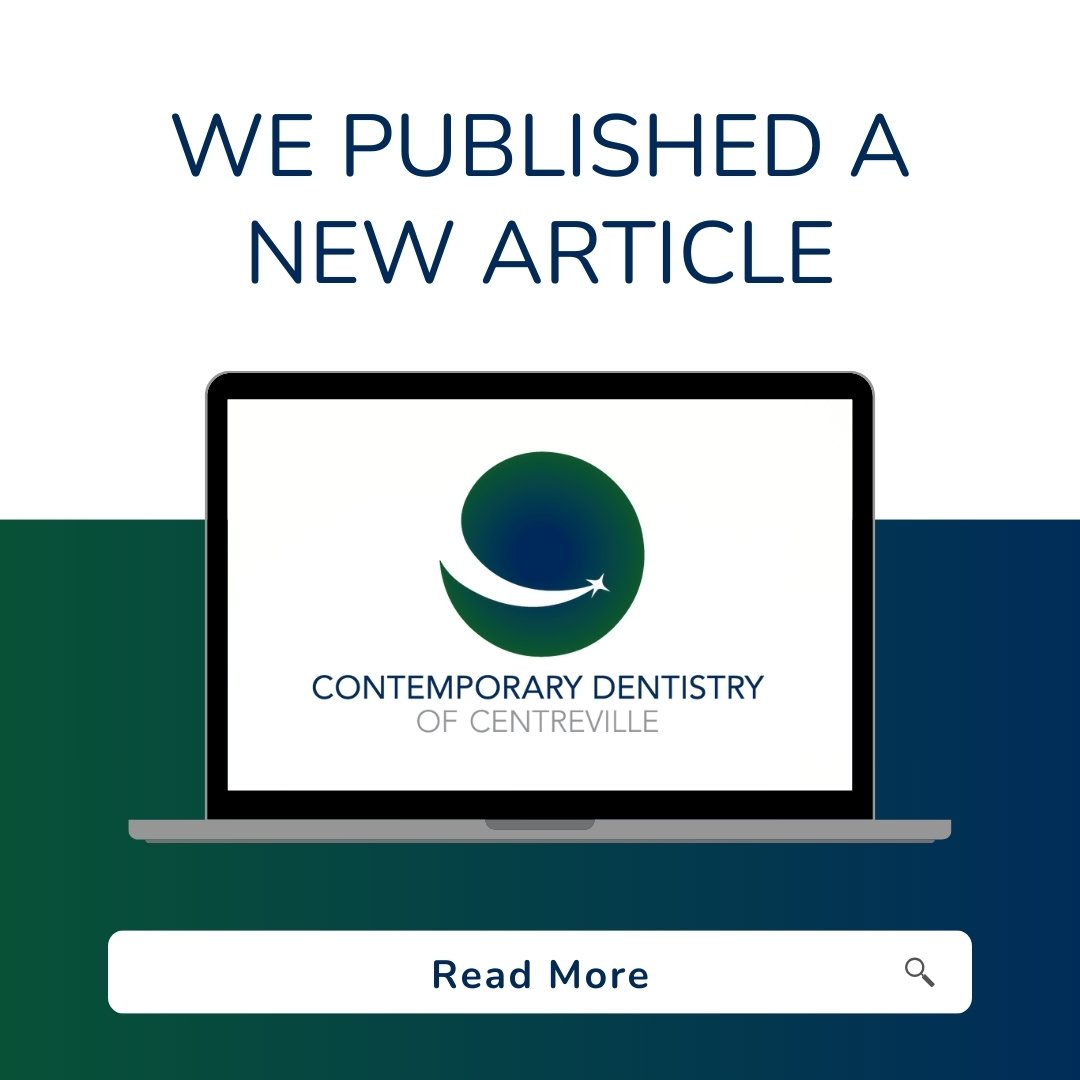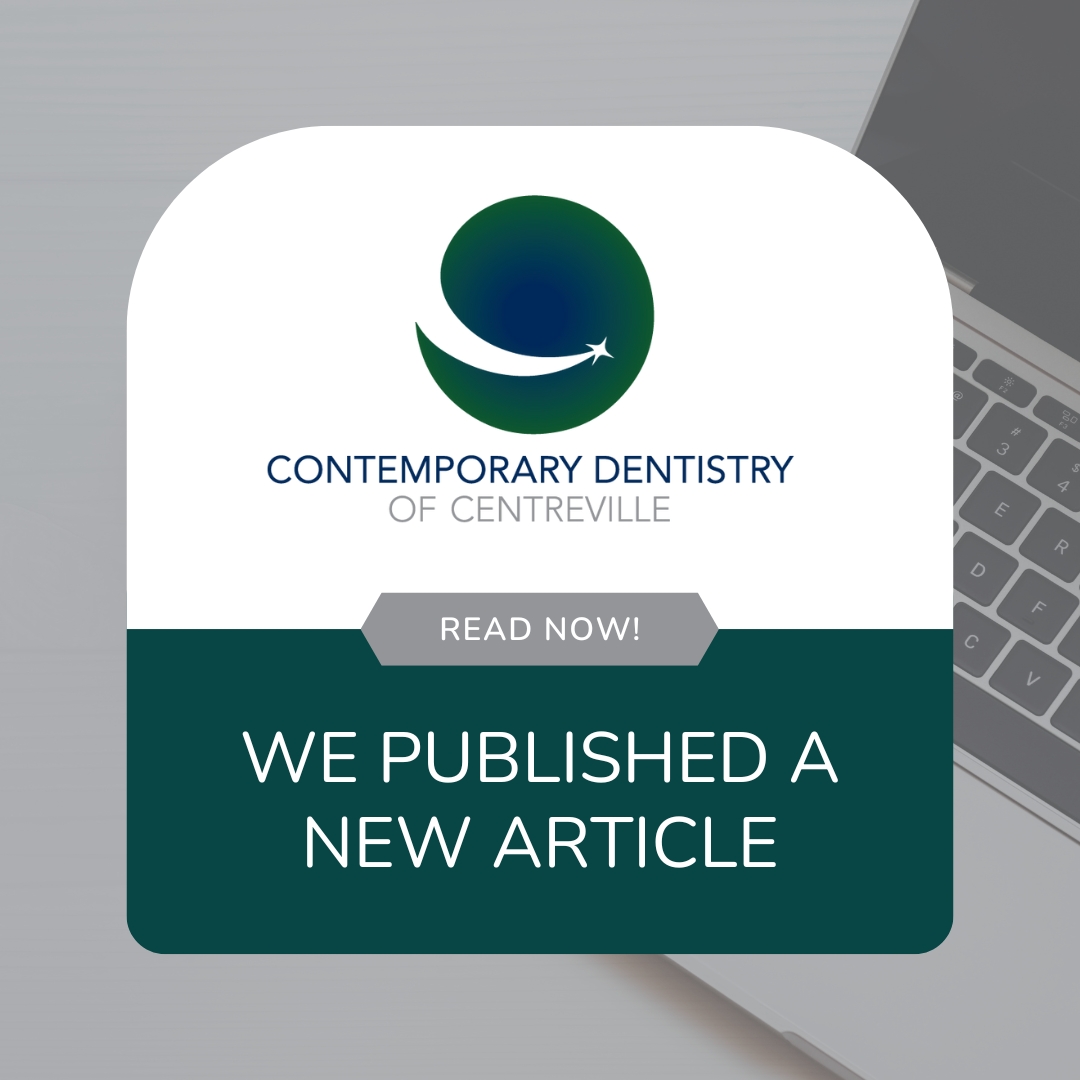
WE BELIEVE the more educated our patients are about dental health issues, the better they’ll be able to prevent them. We often warn of periodontal disease and the detrimental effects it has on the mouth and body. But there are also many common misconceptions about gum disease. To help you better understand it, we’ve decided to bust some myths today!
Myth #1: Bleeding Gums Are Normal
This is probably one of the most perpetuated dental health myths. The truth is, bleeding gums are the first sign of gum disease. Gums swell, bleed and become tender when plaque accumulates on the teeth and around the gum line. Keep your gums healthy by removing plaque and food debris with daily brushing and flossing.
Myth #2: People Get Gum Disease Because They Don’t Clean Their Teeth
While poor oral hygiene definitely contributes to the development of gum disease, there can be many other factors involved. Tobacco use, stress, a bad diet, genetics, and certain illnesses such as diabetes can all increase your risk of developing gum disease. And as we’ve explained before, even being pregnant makes you more susceptible!
We also don’t want our patients to think that if they are cavity-free they couldn’t possibly have gum disease. Gum disease is painless in its beginning stages and many people don’t know they have it. That’s why proper oral hygiene and twice-yearly visits to your dentist are essential for your oral health, even if you don’t have a cavity!
Myth #3: Gum Disease Is Irreversible
What we really want our patients to understand is that gum disease is reversible in its earliest stage: gingivitis! The earlier gingivitis is caught, the easier it is to eliminate it before it advances to full-blown periodontitis. Finding out you have gingivitis can be worrisome but here’s the good news: good oral hygiene habits and professional cleanings can, in most cases, rid you of gingivitis and stop gum disease in its tracks.
To learn more about periodontal screenings, check out the video below!
Myth #4: Only Adults Can Get Gum Disease
Gum disease is much more prevalent in adults, but that doesn’t mean our children are invulnerable. Children can be more susceptible to gum disease if they are genetically predisposed or have certain illnesses such as autoimmune disorders or diabetes. Even puberty, with all its hormonal changes, can put your child more at risk. Their best defense against any dental disease–gum disease and tooth decay included–is to take care of their teeth at home and visit the dentist on a regular basis.
Myth #5: Everyone With Diabetes Has Gum Disease
If you have diabetes, developing gum disease is not inevitable, although you are certainly at a higher risk. Now more than ever you’ll need a good relationship with and frequent visits to your dentist. A rigorous oral hygiene regimen as well as frequent cleanings can help stave off the onset of gum disease. Proper blood glucose control can also help you lower your risk.
Gum Disease Myths… Busted!
Now that you know more about gum disease, keep up the good work avoiding it! Let us know if you have any questions in the comments below or on our Facebook page. Thanks for reading!















